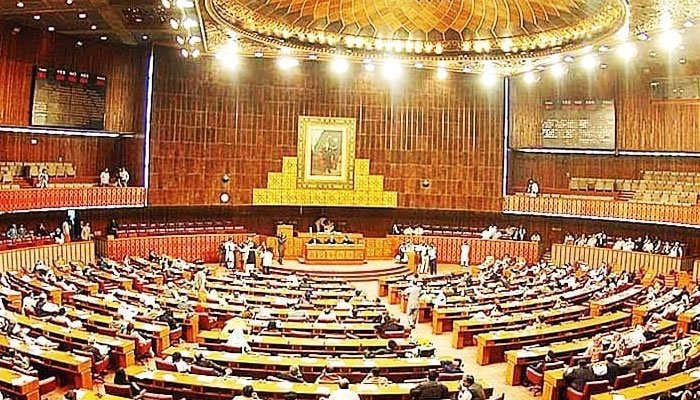Latest News
No-confidence vote: Here’s all you need to know about the procedure
-

 Business2 days ago
Business2 days ago“Ten companies express interest in purchasing PIA.”
-

 Business2 days ago
Business2 days agoPakistan has $13.316 billion in total foreign reserves.
-

 Business2 days ago
Business2 days agoSupport from the US for Pakistan’s IMF pact
-

 Latest News2 days ago
Latest News2 days agoPakistan launches first-ever lunar mission with iCube Qamar
-

 Business2 days ago
Business2 days agoPrice of LPG “slashed” by Rs. 20 per kilogram
-

 Latest News2 days ago
Latest News2 days agoWheat scandal: Food Security Secretary sacked by PM Sharif
-

 Business2 days ago
Business2 days agoADB delegation stops by FBR headquarters
-

 Latest News2 days ago
Latest News2 days agoOff-duty police in Islamabad are prohibited from donning uniforms.

















